In the realm of commercial transportation, the efficiency and reliability of your fleet hinge on numerous factors, chief among them being the diesel tank capacity of your trucks. At CarMax Trailer, we recognize the critical role that diesel capacity plays in your operations, influencing everything from range and refueling frequency to overall operational costs. This comprehensive guide delves into the intricacies of truck diesel tank capacity in liters, providing you with the knowledge to make informed decisions for your fleet.
Table of Contents
- Introduction to Diesel Tank Capacity
- Standard Diesel Tank Capacities
- Factors Influencing Diesel Tank Size
- Benefits of Optimizing Diesel Tank Capacity
- Choosing the Right Diesel Tank for Your Fleet
- Regulatory Considerations
- Maintaining Diesel Tank Efficiency
- Innovations in Diesel Tank Design
- CarMax Trailer: Your Partner in Optimal Diesel Solutions
- Frequently Asked Questions
Introduction to Diesel Tank Capacity
Diesel tank capacity, measured in liters, is a pivotal specification for any truck. It dictates how much fuel a truck can carry, directly affecting its operational range and the frequency of refueling stops. A well-sized diesel tank ensures that your fleet can undertake long-haul journeys with minimal interruptions, enhancing productivity and reducing downtime.

Standard Diesel Tank Capacities
Truck diesel tank capacities vary widely, typically ranging from 300 liters to 1,200 liters, depending on the vehicle type and intended use. Here’s a breakdown of common capacities:
| Truck Type | Typical Diesel Tank Capacity (Liters) |
|---|---|
| Light-Duty Trucks | 300 – 500 |
| Medium-Duty Trucks | 500 – 800 |
| Heavy-Duty Trucks | 800 – 1,200 |
| Specialized Trailers | 600 – 1,000 |
These values serve as general guidelines, but specific requirements may vary based on operational demands and regional regulations.
Factors Influencing Diesel Tank Size
Several key factors determine the appropriate diesel tank capacity for a truck:
1. Operational Range
The distance your trucks cover daily impacts diesel consumption. Long-haul operations necessitate larger tanks to minimize refueling stops.
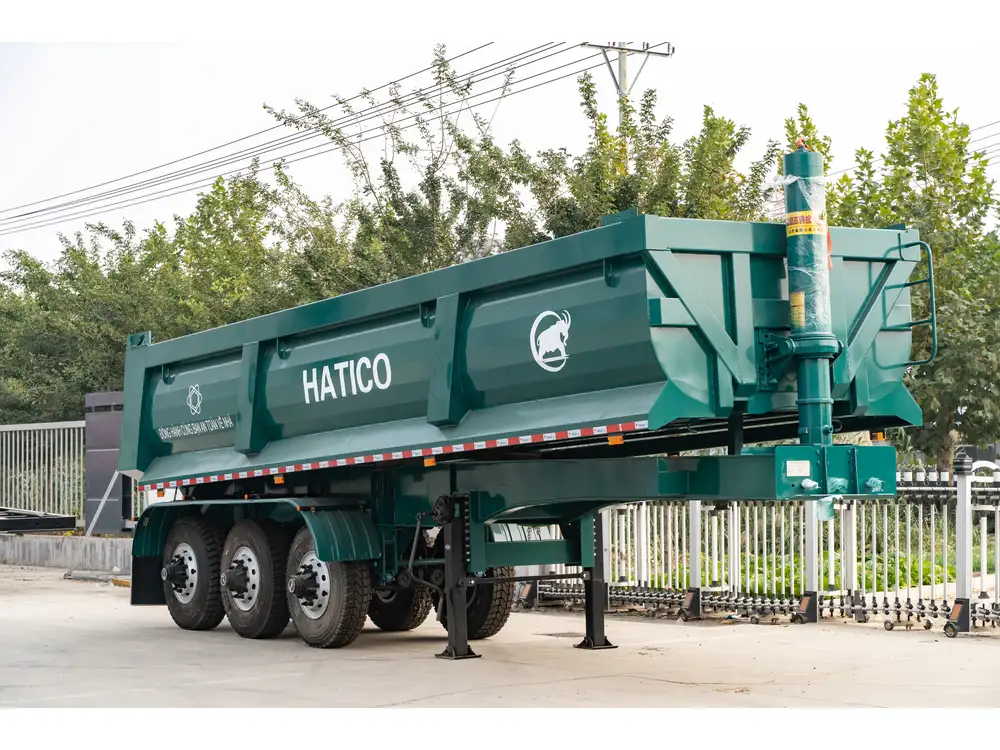
2. Fuel Efficiency
Trucks with higher fuel efficiency require smaller tanks to achieve the same range as less efficient models.
3. Load Capacity
Heavier loads can reduce fuel efficiency, potentially increasing the need for larger fuel tanks to maintain operational range.
4. Regulatory Requirements
Different regions impose regulations on fuel tank sizes for safety and environmental reasons.

5. Refueling Infrastructure
Availability and convenience of refueling stations influence tank size decisions. Limited infrastructure may warrant larger tanks.
6. Vehicle Type and Design
The design and purpose of the truck or trailer affect how much space is available for fuel storage.
Benefits of Optimizing Diesel Tank Capacity
Selecting the optimal diesel tank size offers numerous advantages:
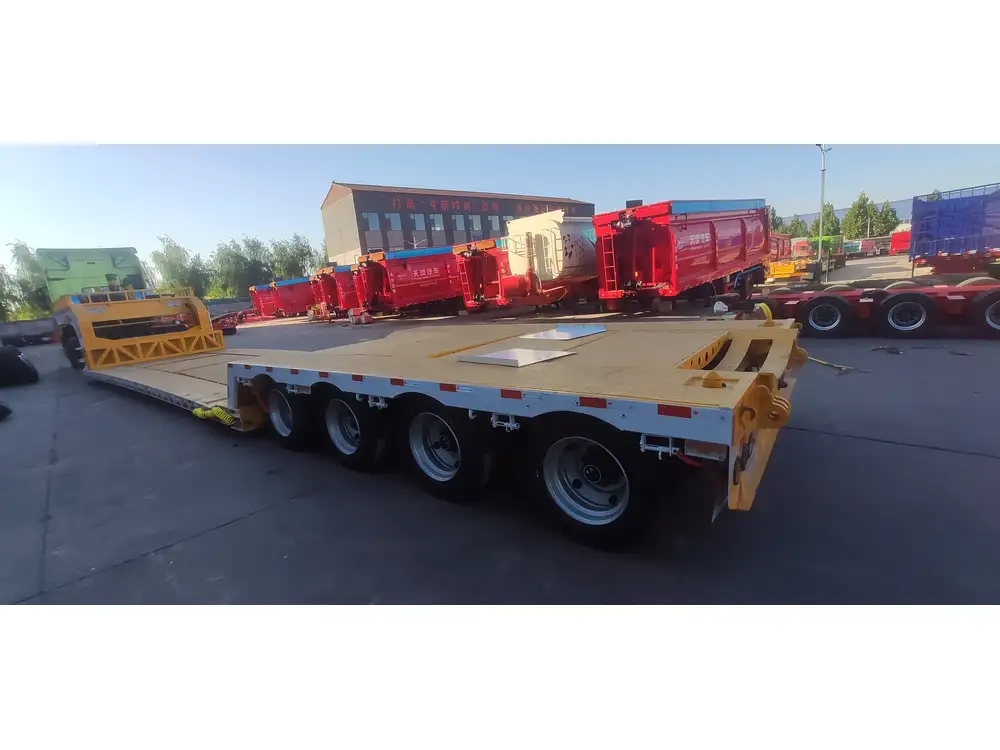
Enhanced Operational Efficiency
Adequate fuel capacity ensures that trucks can operate longer without refueling, reducing downtime and increasing productivity.
Cost Savings
Fewer refueling stops can lead to fuel cost savings and decreased labor expenses associated with frequent fueling.
Improved Range and Flexibility
Larger tanks provide greater range flexibility, allowing fleets to adapt to varying route demands and unforeseen detours.

Reduced Environmental Impact
Efficient fuel management minimizes emissions by reducing the number of refueling cycles and optimizing fuel usage.
Choosing the Right Diesel Tank for Your Fleet
Selecting the appropriate diesel tank capacity involves a careful assessment of your fleet’s specific needs. Consider the following steps:
1. Assess Route Demands
Analyze the typical distances covered and the availability of refueling stations along those routes.

2. Evaluate Fuel Efficiency
Understand the fuel consumption rates of your trucks to determine how tank size influences operational range.
3. Consider Load Variability
Factor in how different loads affect fuel efficiency and whether larger tanks are necessary to maintain range under varying conditions.
4. Review Regulatory Standards
Ensure compliance with local and international regulations regarding fuel tank sizes and safety requirements.
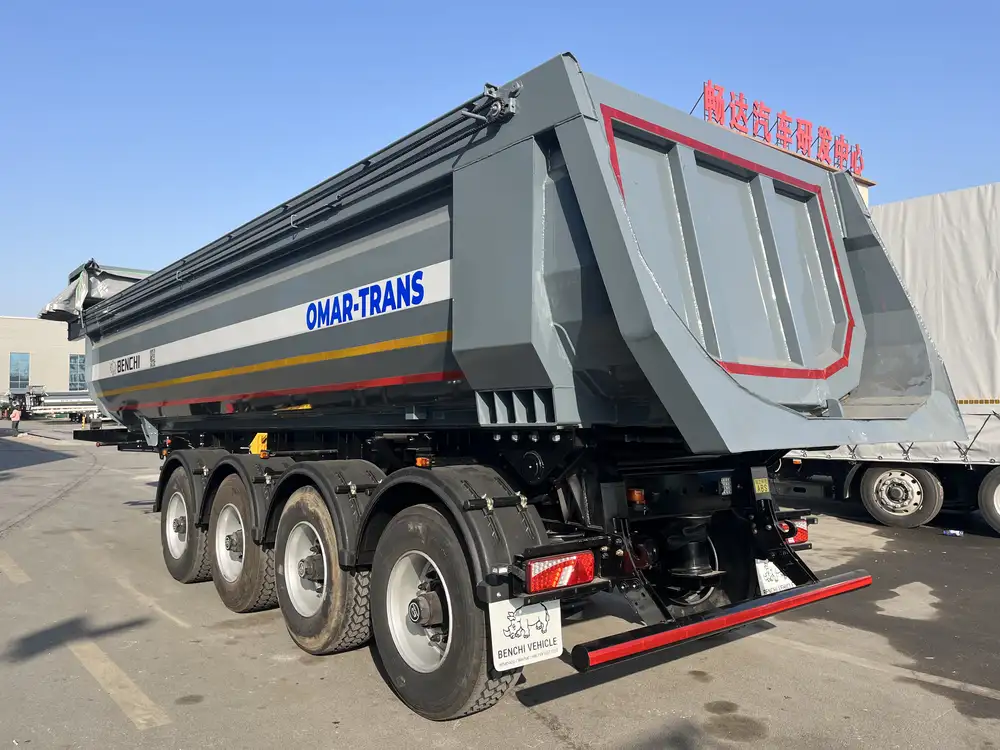
5. Consult with Experts
Partner with manufacturers like CarMax Trailer to tailor diesel tank solutions that align with your operational needs.
Regulatory Considerations
Compliance with regulatory standards is paramount when determining diesel tank capacities. Regulations may cover:
- Maximum Tank Sizes: Limits on how large a diesel tank can be for specific vehicle classes.
- Safety Features: Requirements for spill prevention, tank venting, and fire safety measures.
- Environmental Standards: Guidelines to minimize fuel leaks and emissions.
- Transportation Regulations: Rules governing the transport and storage of diesel fuel, especially for hazardous materials.
Failure to adhere to these regulations can result in fines, operational delays, and reputational damage.
Maintaining Diesel Tank Efficiency
Proper maintenance of diesel tanks ensures longevity and optimal performance:
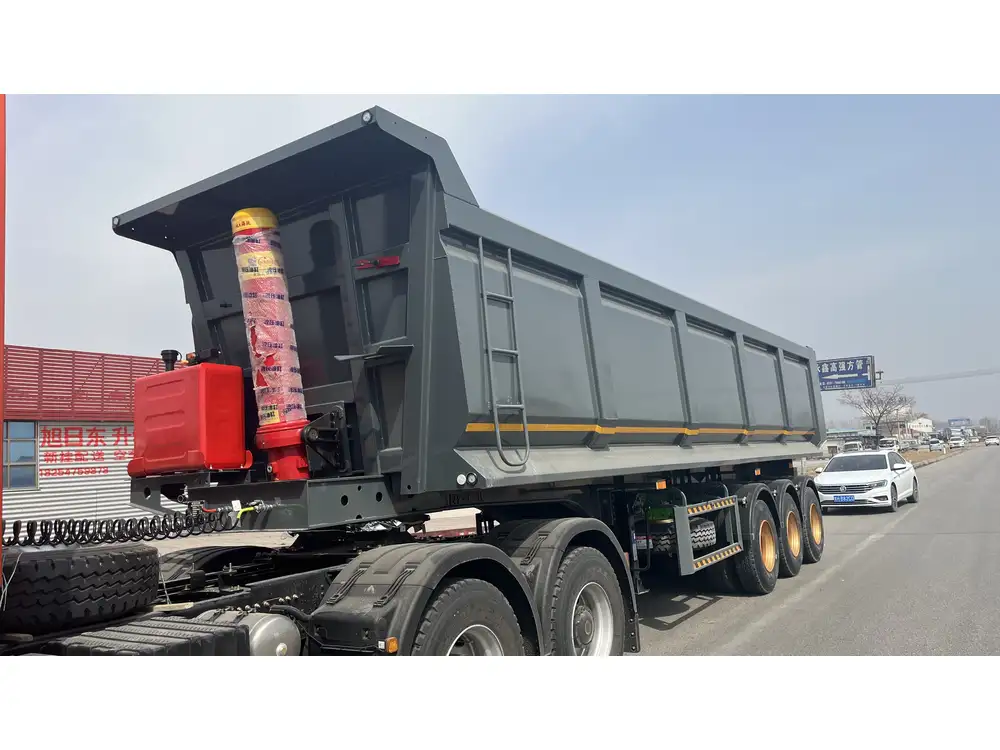
Regular Inspections
Conduct routine inspections for leaks, corrosion, and structural integrity.
Cleaning and Sanitization
Keep tanks clean to prevent fuel contamination and maintain engine performance.
Monitoring Fuel Levels
Use accurate fuel gauges and monitoring systems to manage fuel usage effectively.

Prompt Repairs
Address any damage or wear immediately to prevent fuel loss and maintain safety standards.
Innovations in Diesel Tank Design
Advancements in diesel tank technology offer improved efficiency and safety:
Lightweight Materials
Use of high-strength, lightweight materials reduces overall vehicle weight, enhancing fuel efficiency.
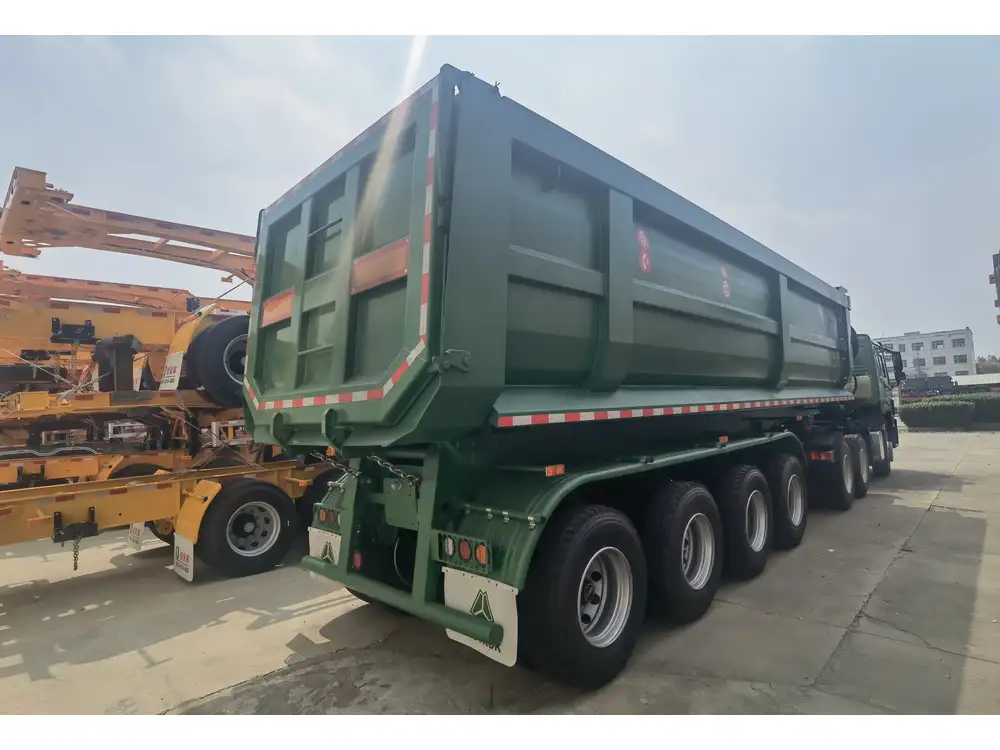
Modular Designs
Modular tanks allow for easy resizing and customization based on specific operational needs.
Integrated Monitoring Systems
Advanced sensors and IoT integration provide real-time fuel monitoring and predictive maintenance alerts.
Enhanced Safety Features
Innovations such as automatic shutoff valves and spill containment systems enhance operational safety.

CarMax Trailer: Your Partner in Optimal Diesel Solutions
At CarMax Trailer, we specialize in designing and manufacturing semi-trailers equipped with optimal diesel tank capacities tailored to your fleet’s requirements. Our commitment to innovation and quality ensures that our trailers provide:
- Customized Capacity Options: From standard to specialized tank sizes, we offer solutions that match your operational demands.
- Durable Construction: Our tanks are built to withstand the rigors of long-haul transportation, ensuring reliability and longevity.
- Safety Compliance: CarMax Trailers adhere to the highest safety and environmental standards, giving you peace of mind.
- Advanced Features: Integrated fuel management systems and ergonomic designs enhance efficiency and ease of use.
Partner with CarMax Trailer to optimize your fleet’s performance through superior diesel tank solutions.
Frequently Asked Questions
1. What factors should I consider when choosing a diesel tank capacity for my truck?
When selecting a diesel tank capacity, consider your fleet’s operational range, fuel efficiency, load types, regulatory requirements, and the availability of refueling infrastructure along your routes.

2. How does diesel tank capacity affect my truck’s fuel efficiency and range?
Larger diesel tanks allow trucks to carry more fuel, extending their operational range and reducing the frequency of refueling stops. However, tank size alone doesn’t determine fuel efficiency; the vehicle’s overall fuel consumption rate plays a crucial role.
3. Are there regulatory limits on diesel tank sizes for commercial trucks?
Yes, various regions have regulations that set maximum diesel tank sizes for different classes of trucks to ensure safety and environmental compliance. It’s essential to be aware of and comply with these standards in your area of operation.
4. How can I maintain the efficiency and longevity of my diesel tanks?
Regular inspections, cleaning, and prompt repairs are vital for maintaining diesel tank efficiency. Additionally, using advanced monitoring systems can help detect issues early and manage fuel usage effectively.
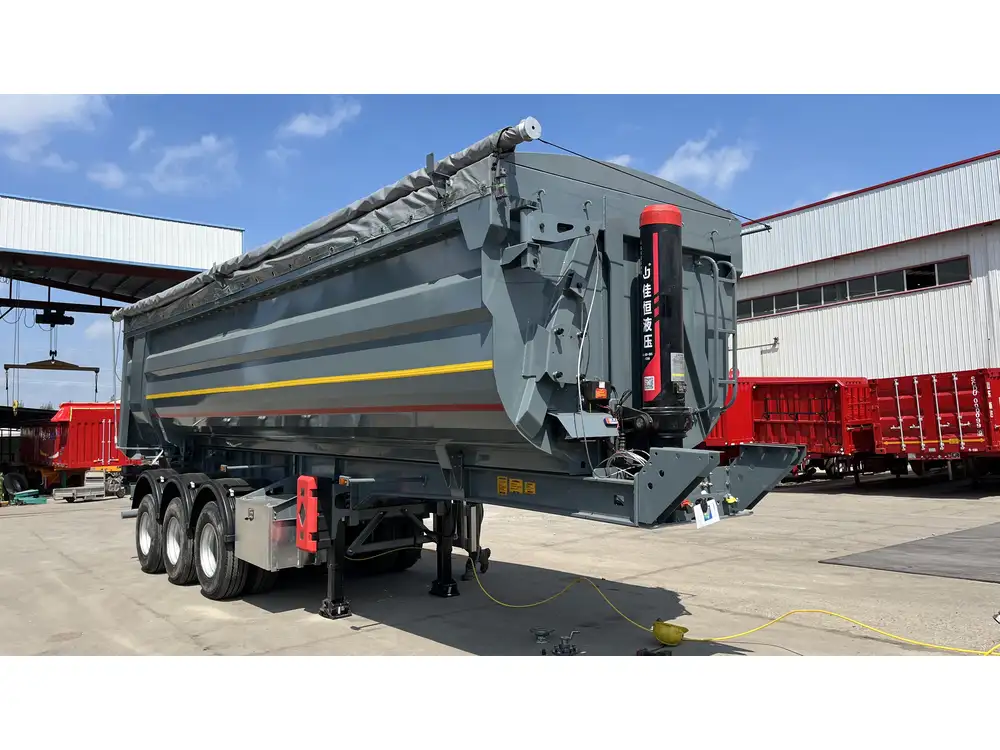
5. What innovations are available in diesel tank technology to enhance safety and efficiency?
Innovations such as lightweight materials, modular designs, integrated monitoring systems, and enhanced safety features like automatic shutoff valves and spill containment systems are transforming diesel tank technology, making them safer and more efficient.



